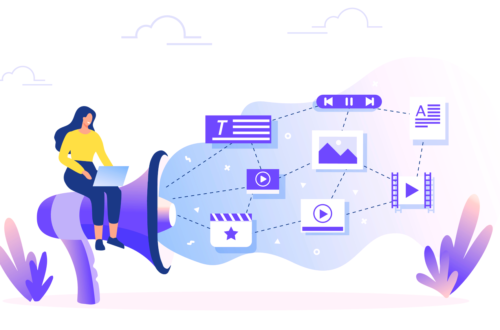
Exploring AI Tools: Transforming Work and Creativity
Introduction
Artificial Intelligence (AI) is no longer just a futuristic concept; it’s an integral part of our daily lives, reshaping industries and enhancing productivity. From automating mundane tasks to generating creative content, AI tools are revolutionizing how we Ai Tools work and interact with technology. In this article, we’ll explore various categories of AI tools, their applications, and their impact on various fields.
Types of AI Tools
- Productivity Tools
- Virtual Assistants: Tools like Google Assistant and Siri help manage schedules, set reminders, and perform internet searches. They make daily tasks easier and more efficient.
- Task Automation: Tools such as Zapier and IFTTT automate repetitive tasks by connecting different applications. For example, they can automatically save email attachments to cloud storage or post social media updates at scheduled times.
- Content Creation
- Writing Assistants: Tools like Grammarly and Jasper AI assist writers by providing grammar checks, style suggestions, and even generating content. These tools can save time and enhance the quality of written communication.
- Graphic Design: Platforms like Canva and Adobe Spark leverage AI to simplify design processes. They offer templates and design suggestions that help users create visually appealing graphics without needing advanced design skills.
- Data Analysis and Visualization
- Business Intelligence Tools: AI-powered platforms like Tableau and Power BI analyze data and generate insights. They help businesses make informed decisions by visualizing complex data sets.
- Predictive Analytics: Tools such as IBM Watson and Google Cloud AI use machine learning algorithms to predict trends and customer behavior, enabling organizations to optimize their strategies.
- Customer Service
- Chatbots: AI chatbots, like those powered by Drift or Zendesk, provide instant support to customers. They handle common queries and assist in resolving issues, improving customer experience while reducing response time.
- Sentiment Analysis: Tools that analyze customer feedback on social media and review platforms help companies gauge public sentiment and adjust their strategies accordingly.
- Healthcare Applications
- Diagnostic Tools: AI algorithms can analyze medical images and patient data to assist in diagnosing conditions. Tools like Aidoc and Zebra Medical Vision enhance radiology efficiency by detecting anomalies in scans.
- Personalized Medicine: AI tools help in tailoring treatment plans based on individual patient data, improving outcomes through customized healthcare solutions.
Impact on Industries
- Education: AI tools like intelligent tutoring systems provide personalized learning experiences, adapting to students’ needs and improving educational outcomes. They also assist educators in identifying struggling students and intervening early.
- Marketing: AI enables marketers to analyze consumer behavior, segment audiences, and create personalized campaigns. Tools like HubSpot and Marketo automate marketing processes, helping brands connect more effectively with their target audiences.
- Finance: AI tools streamline processes such as fraud detection and risk assessment. Algorithms analyze transaction patterns in real time, alerting institutions to suspicious activities and enhancing security measures.
- Creative Arts: AI is also making waves in the creative realm. Tools like OpenAI’s DALL-E generate artwork based on textual descriptions, while music composition software uses AI to create melodies and harmonies, pushing the boundaries of artistic expression.
Challenges and Considerations
While AI tools offer numerous benefits, they also present challenges. Concerns about data privacy, ethical use, and job displacement are at the forefront of discussions surrounding AI. Ensuring responsible AI deployment is crucial to maximize benefits while minimizing potential drawbacks.
Conclusion
AI tools are transforming the way we work, create, and interact. Their ability to enhance productivity, drive innovation, and streamline processes makes them invaluable across various sectors. As technology continues to evolve, staying informed about the latest AI tools and their applications will be essential for individuals and organizations looking to thrive in an increasingly automated world. Embracing these tools can lead to greater efficiency, creativity, and ultimately, a more productive future.




